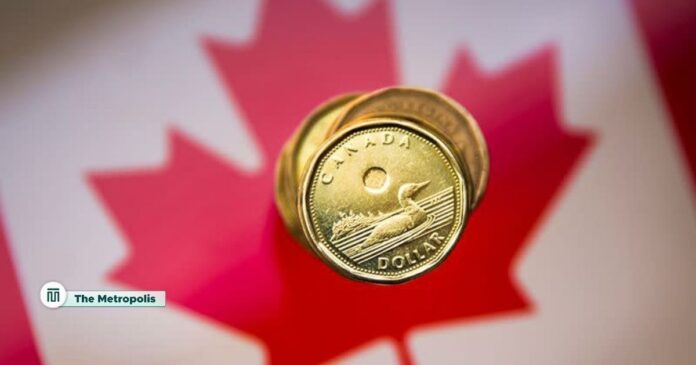Monday, driven by speculation that Canada could avoid broad-based US tariffs, as well as a report that Canadian Prime Minister Justin Trudeau would resign.
The loonie rose by 0.7%, trading at 1.4350 to the US dollar, or 69.69 US cents, after reaching an intraday peak of 1.4280, the strongest since December 17.
Trudeau, according to sources cited by CBC News, was set to announce on Monday that he planned to step down as Liberal leader but would remain in office until a replacement was chosen. Analysts believe that the news could boost investor confidence, offering greater political clarity following calls for Trudeau’s resignation since December, and the possibility of a more market-friendly government.
“News that Justin Trudeau will resign is helping to support loonie gains,” said Nick Rees, senior FX market analyst at Monex Europe Ltd. “Markets have become disillusioned with Trudeau—his administration having overseen a period of economic stagnation.”
The US dollar weakened against a range of major currencies following a report that President-elect Donald Trump was considering tariffs that would apply only to critical imports, offering potential relief for countries like Canada that had been anticipating broader tariffs. Trump, set to take office on January 20, had previously threatened a 25% tariff on all Canadian imports.
Meanwhile, oil prices, a key Canadian export, rose to their highest point since mid-October as colder weather boosted demand. US crude oil futures climbed 1.1% to $74.74 per barrel.
Canadian bond yields rose across a steeper curve, in line with movements in US Treasuries. The 10-year yield increased by 1.8 basis points, reaching 3.250%.



